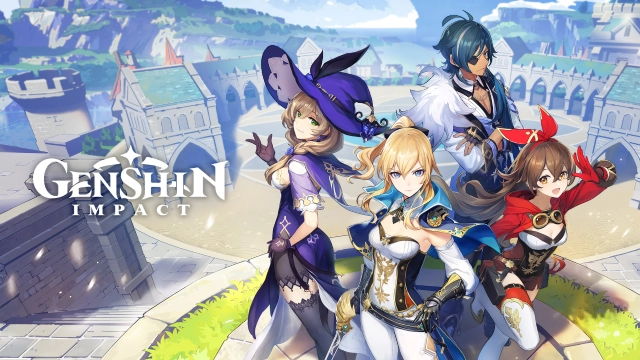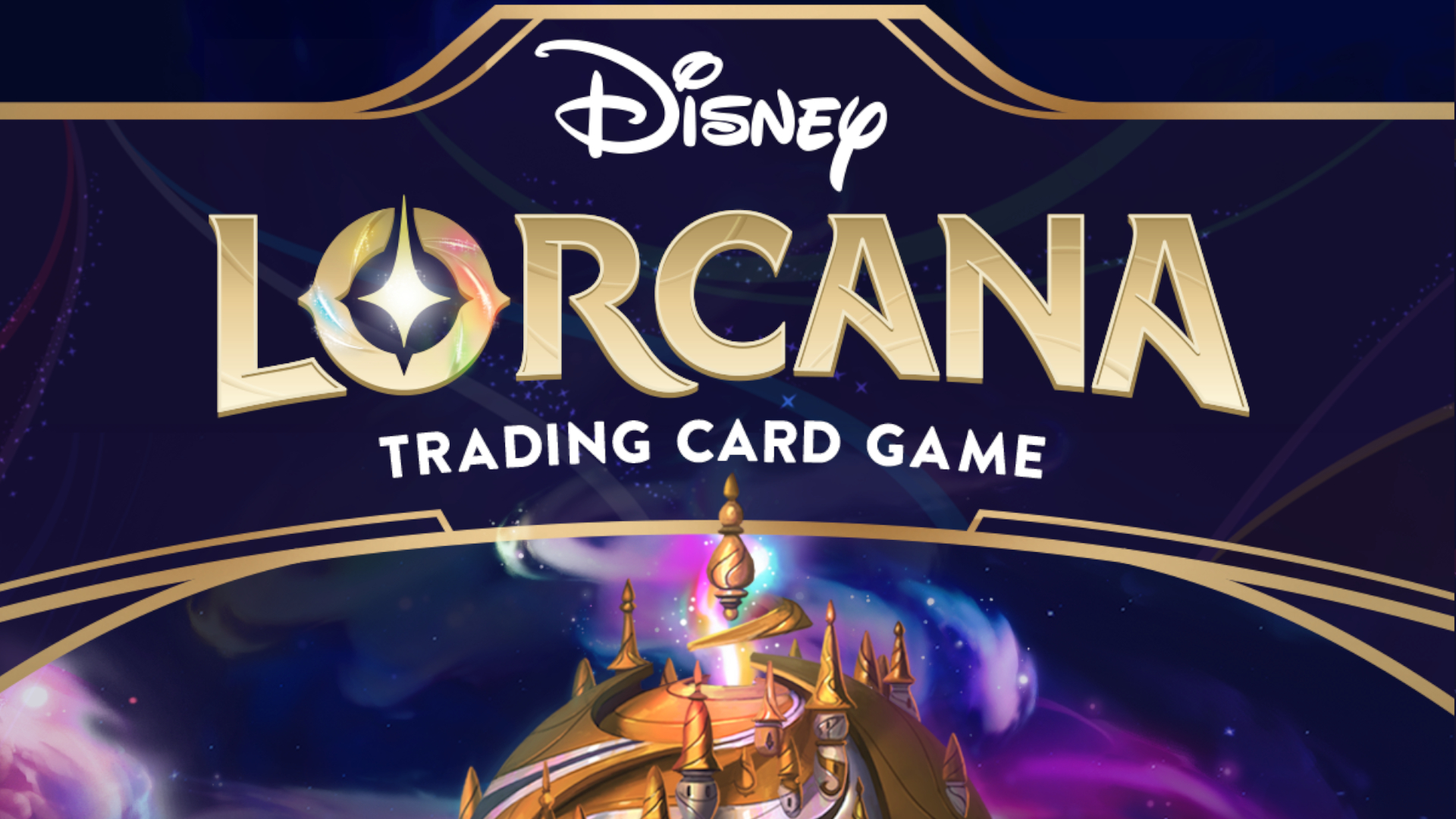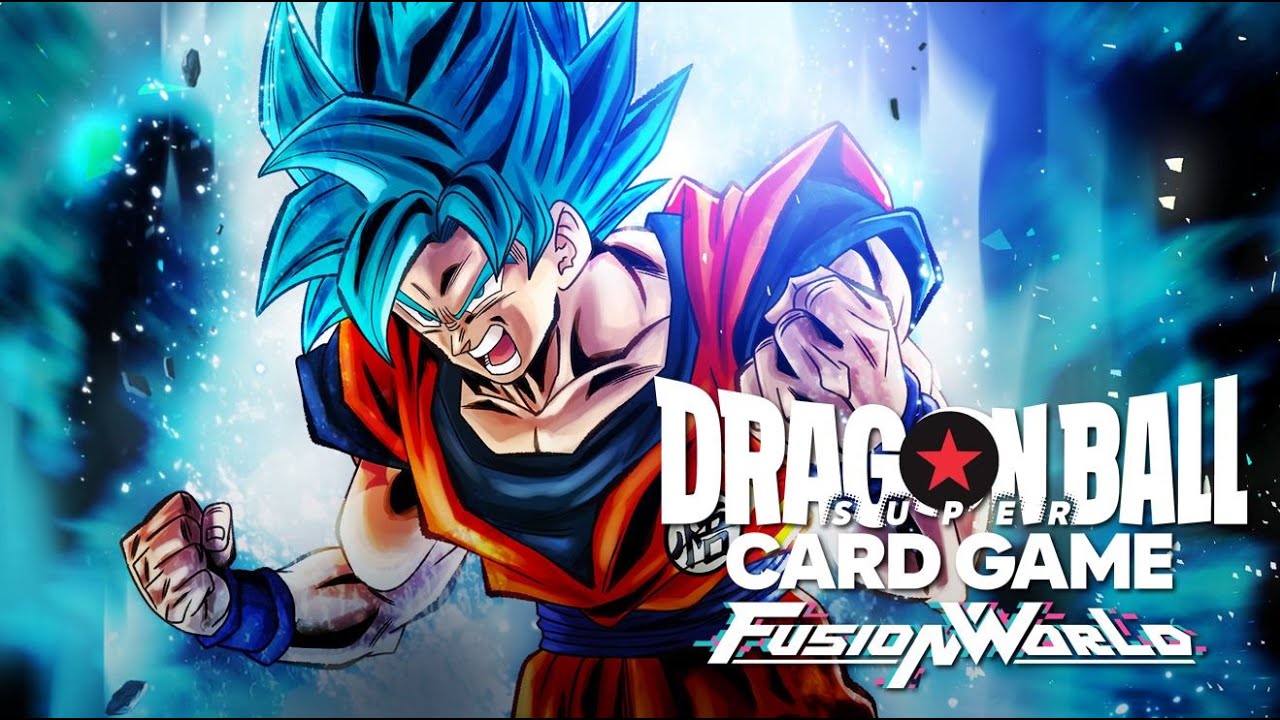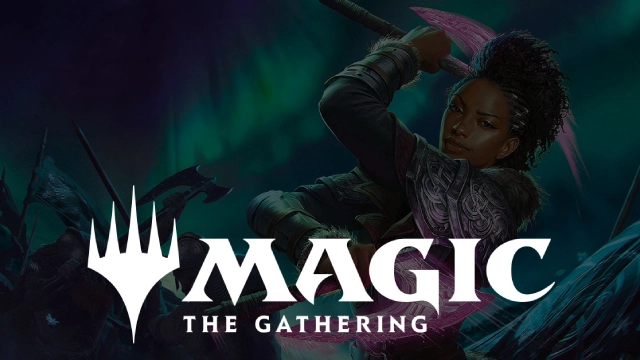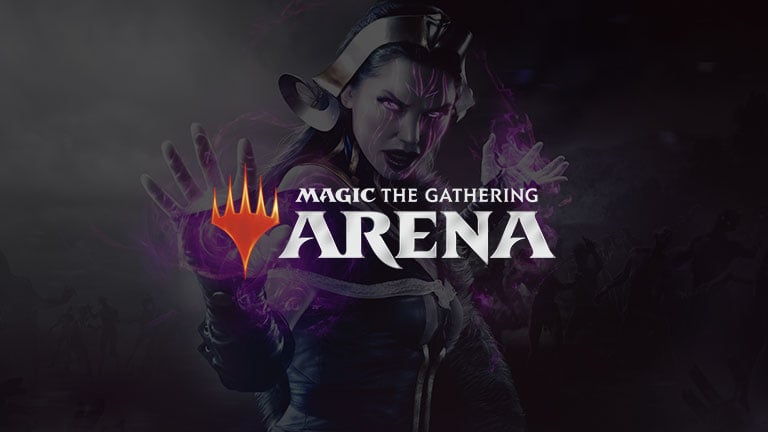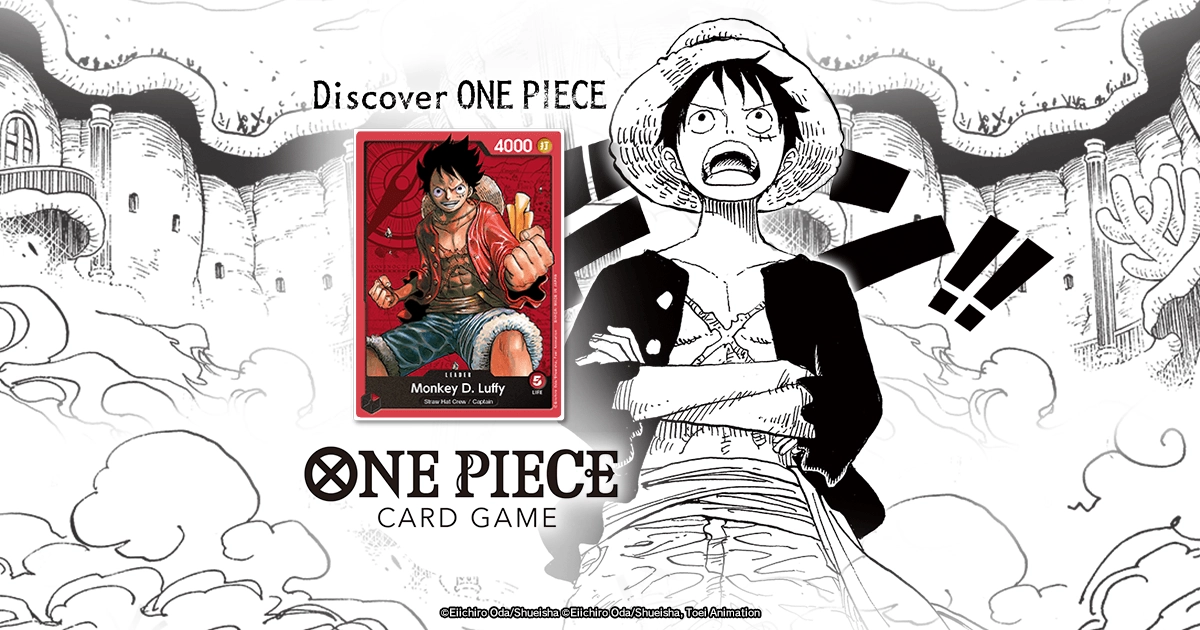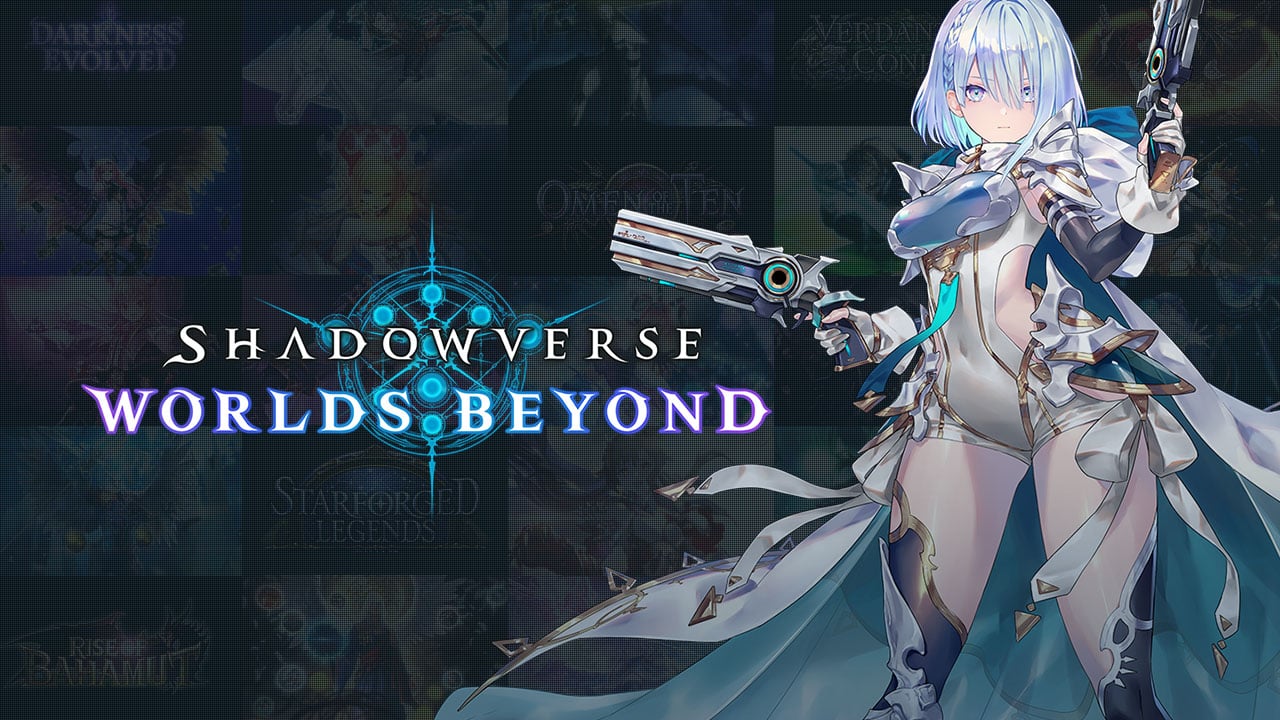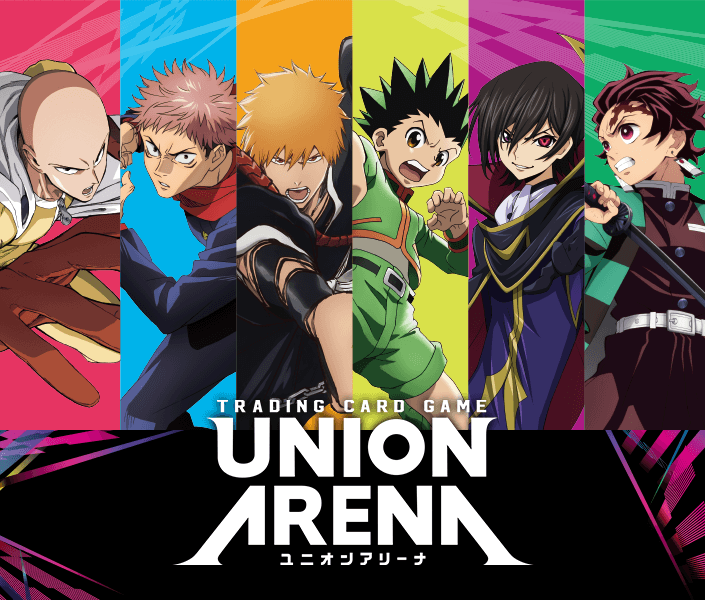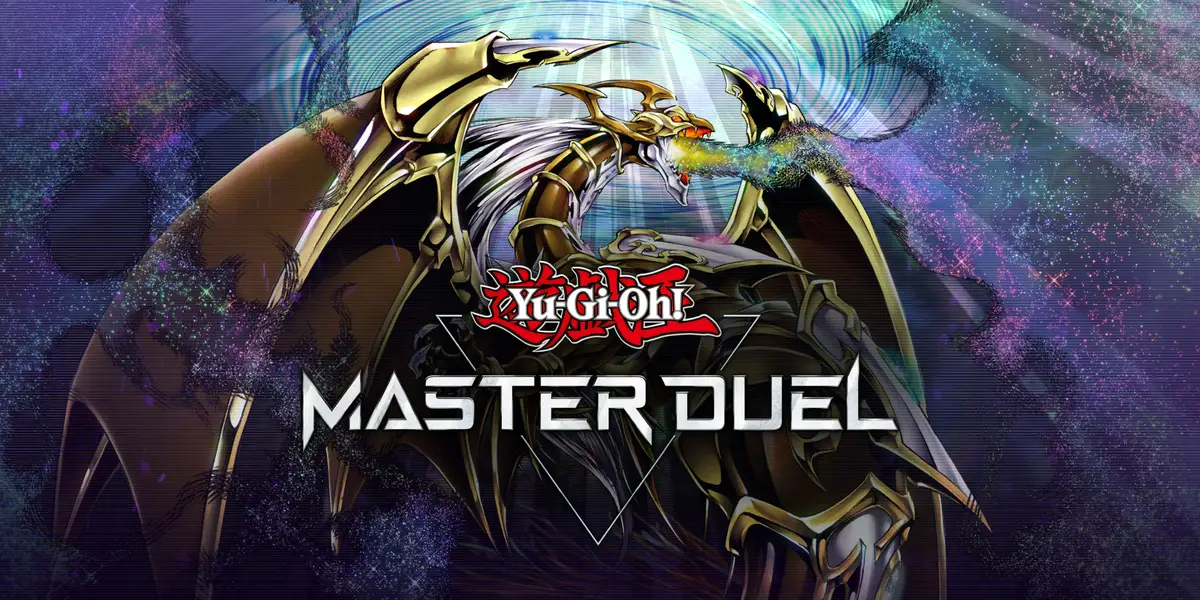Table of Contents
Hi everyone! This is my first article ever so that’s exciting! I’m here to talk about one of my favorite aspects of Magic: The mental game. It’s hard to define, but I think of Magic’s mental game as the attitude you approach the game with. This can be manifested in a lot of different skills as I’ll talk about later, but I think your attitude towards Magic is a really underappreciated topic compared to a hard skill like how to mulligan or understanding matchup dynamics. I think all my major improvements didn’t come from understanding how to play Magic better, but how to approach it better. Here’s my personal top 5 tips to have a strong mental game in Magic – and a lot of these tips are helpful for life as well!
- Care about losing, but don’t get tilted by it
- Don’t go into events with the “first or nothing” philosophy
- Don’t let results get to your head
- Knowing when to and when not to listen to advice
- It’s OK to misplay, everyone does
1. Care about losing, but don’t get tilted by it
One of my favorite Magic related stories is that the great Reid Duke started out a Pro Tour going 0-4. Most people at this point would either drop or mentally check out of the tournament, but Reid is not a man to be so easily deterred. After a dismal 0-4 start, he rallied back with an 11-5 and a top 16 finish. I had a somewhat similar scenario (but much less impressive) where at MC London, I 3-0d my draft pod but lost my first 2 rounds of Modern solely to losing the die roll and was starting to tilt off. I was feeling that Modern is play/draw, I’m so unlucky I lost 2 die rolls, the works. However, I thought back on Reid’s scenario and tried to reorient myself the best I could and approach the rest of the tournament with a level head. My consideration was rewarded with my very first Pro Tour top 8!
I love these types of stories, but unfortunately they seem to be extremely rare, and I don’t think it’s because of the amount of wins you have to chain in a row. I feel that a lot of people are too willing to give up when they have bad starts, but if you do well, it doesn’t matter what your record was or when you lost. The fact of the matter was Reid went 11-5 and got a top 16 for his efforts. Was he apathetic to his losses? I’m sure he wasn’t. He almost certainly cared that he lost, but he couldn’t let them weigh him down so he can continue to perform at his optimal level. This brings up a great point as well: a lot of people think that people with strong mental games don’t care when they lose, but that’s simply untrue. If you don’t care about the outcome of the match, it’s more likely you’re burnt out or apathetic about Magic in general rather than being strong willed. It’s fine to care about losing or to even be a bit upset by it, but when you’re in a game, your main focus should be winning it, not about anything that happened before.
2. Don’t go into events with the “first or nothing” philosophy
To quote the amazing Ricky Bobby “If you ain’t first, you’re last”. I’ve been around a lot of Pros and a lot of them harbor this sentiment, and it’s something that I think is really detrimental. Magic is definitely quite the meritocracy, and the monetary and clout difference between getting 1st or getting 8th is pretty large. I’ve seen and heard players getting upset when they get close to winning the event, but can’t quite cross the finish line. I understand the sentiment, but to only be frustrated that you didn’t win is very problematic. If you gave it your all at an event and had a reasonable finish, why not be proud of yourself? Magic does have a decent amount of variance and everyone is prone to mistakes, so having any sort of good finish is always a reason to be proud in my view.
A problem I see in the Pro and Competitive communities alike is that players always expect to crush the event because they’re stronger players than their competition, but when they don’t win it all, they can tilt or get bitter. If you keep this mindset up, it’s really easy to get burnt out with Magic. Be proud of what you’re able to accomplish and don’t always make winning your goal, playing your best should always be what you strive for.
3. Don’t let results get to your head
This is kind of an extension of the last point, as I want everyone to be proud of what they achieved in Magic, but be careful not to take it too far. My favorite example of this is Shahar Shenhar right after he won Worlds for the second time in a row. He has said (I’m paraphrasing from what I remember so I could be off), that once he won his second title, he got “soft”. He stopped practicing as much with the assumption his natural talent would carry him, and he struggled to get good results after that. However, what makes Shahar one of the best is that he recognized this, course corrected, and quickly got rewarded with a Pro Tour Top 8 soon after. Shahar was a case where he recognized that he got a bit lazy from his string of good results, but plenty of people get an inflated sense of skill from a good result that they never recover from.
I even had a scenario similar to this. My first league weekend I locked in Azorius Yorion in Standard as did most of my team. I assumed that since I was in the MPL, I was going to do great and could definitely outplay my opponents despite them also being in the MPL. I couldn’t have been more wrong. I got soft and didn’t test as much as I should’ve, which could’ve tipped me off that Azorius Yorion wasn’t a good deck at all. As a matter of fact, it still holds the record for the lowest combined win rate for a deck in a League weekend! Feels good to be a part of history. Anyway, I made the mistake of getting a little soft, bringing a bad deck, and I was rightfully punished with an abysmal 3-9 record for the weekend. After that weekend, I realized I let my results get a bit too much in my head, and humbled myself quickly (if the 9 losses didn’t do that already). Again, be proud of what you accomplished, but nobody is so talented that they don’t have to work.
On the other hand and probably even more commonly, players can also let a string of bad results get to their head easily. Whether they get down on themselves or believe Magic is all luck based, both mindsets are poison for someone who’s looking to improve. I had many years where I had functionally no results, and it definitely started taking its toll and I was starting to tilt. However, I had a group of friends to help me out and point out where I was going wrong. Where I was just internalizing my bad luck, they were looking to see what the issue was instead of joining the mini pity party. It turned out, I had a penchant for playing bad decks. When I stopped playing bad decks, the results started coming. It’s easy to get in your own head, but do your best to be objective about your performance.
4. Knowing when to and when not to listen to advice
Everyone has an opinion on Magic. You can go on any number of content sites or Twitter and you’ll have everyone talking about what they think and how they’re right. There’s so much information out there, it’s easy to not know who’s “right” and who’s “wrong”. Even anecdotally, I had a big friend group of players and a lot of them had varying opinions on the same topic and if you extend that to people at my LGS, you can get an entire spectrum of opinions on the same topic. So who do you listen to?
When I first started playing Limited, I decided I would put my trust in LSV and Ben Stark. I would always listen and process what the people around me would say, but they would be my most trusted resource. As I improved, I learned that having a few trusted people around you was extremely helpful as well. Having confidants like Bob (DoggertQBones) is helpful as if I’m unsure on something or want an opinion, I know I can take what he says with a high degree of confidence. With that, I think players can have the opposite problem as well with not willing to go against the grain.
Just recently, BBD registered Izzet Dragons for a league weekend despite him saying he didn’t think it was a good deck. The only reason he played it was because his entire team did, and he was punished with a very poor Standard record. I had a similar experience a ways back where my team wanted to splash Black for Thoughtseize in Goblins, but I didn’t think it was good. Instead of trusting my gut, I went with the team consensus and the Black splash ended up being strictly worse than the Mono Red version. It’s good to take information from everyone willing to give it, and it’s better to trust reliable sources, but that doesn’t mean they’re infallible. You can’t put Pros’ opinions on pedestals because they’re wrong a good amount of the time as well. Nobody has all the answers so vetting who you trust and knowing when to stand your ground is essential.
5. It’s OK to misplay, everyone does
I put this as the last point as it’s something that I still definitely struggle with. I don’t get tilted by bad luck, but when I make a misplay, I get more upset than I should. As an example, one of the League weekends against Reid, I tried to bounce a Wolfwillow Haven with Brazen Borrower thinking that the activated ability was sorcery speed only. I didn’t realize that it can be used at any point during his turn and he fizzled my Borrower for free. That misplay stung extra hard not only because the stakes were so high, but it was being televised.
It’s really easy to spiral and get embarrassed because nobody wants to be perceived as a bad player, but you have to leave your ego at the door when you’re playing. If you worry too much about a mistake, you’re focusing less on how you made it, why you made it, and how you can avoid it in the future. Although I was certainly embarrassed, I had to swallow my pride and be more careful for the rest of the event. For example, PV is one of the best (if not the best) players right now because he’s always happy to admit when he believes he made a mistake. A lot of players assume the best players just don’t misplay, but I disagree. The best players are the ones who are the most willing to admit when they misplay as they can correct themselves and not do it again.
Another great example is during a League Weekend, Reid didn’t order his damage correctly during a block and skipped through too quickly. Chat was defending him saying it was a UI error and not a real misplay, but Reid was adamant that it was a mistake as it was something he could’ve avoided. This kind of accountability is what makes amazing players amazing, not that they never mess up. Unfortunately, most of us are not PV. It’s easy to have your ego get bruised or to be defensive when the idea that you messed up comes up, but you have to embrace that. You have to be willing to accept that you are likely to make a lot of mistakes and you should listen and really absorb the lessons from it when you realize it or somebody else tells you. I see a lot of players try to justify their errors, but that’s so much less helpful than just accepting you messed up and moving on. Magic is really hard, don’t make it harder on yourself.
Premium >
Enjoy our content? Wish to support our work? Join our Premium community, get access to exclusive content, remove all advertisements, and more!
- No ads: Browse the entire website ad-free, both display and video.
- Exclusive Content: Instant access to all exclusive articles only for Premium members, at your fingertips.
- Support: All your contributions get directly reinvested into the website to increase your viewing experience!
- Discord: Join our Discord server, claim your Premium role and gain access to exclusive channels where you can learn in real time!
- Special offer: For a limited time, use coupon code L95WR9JOWV to get 50% off the Annual plan!






